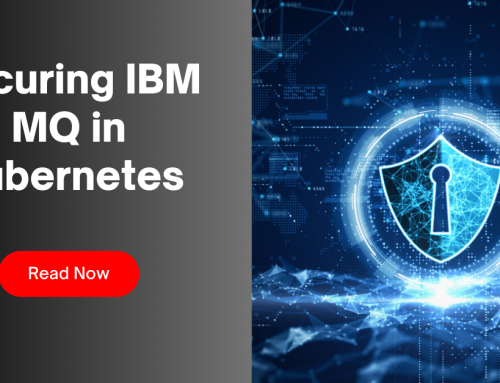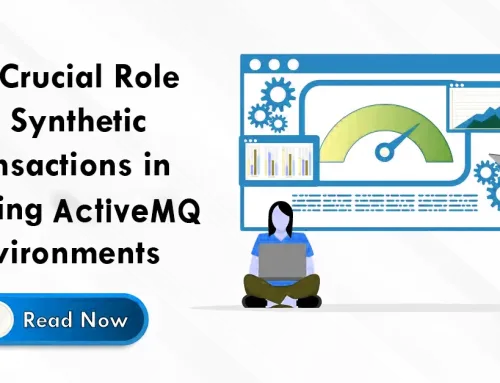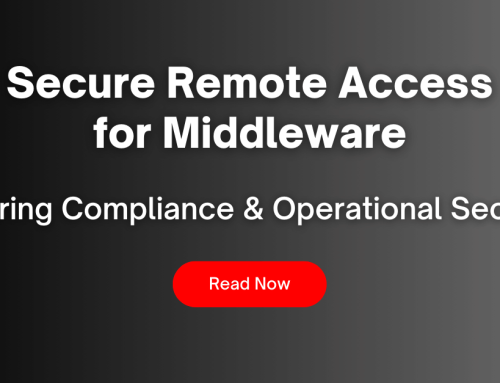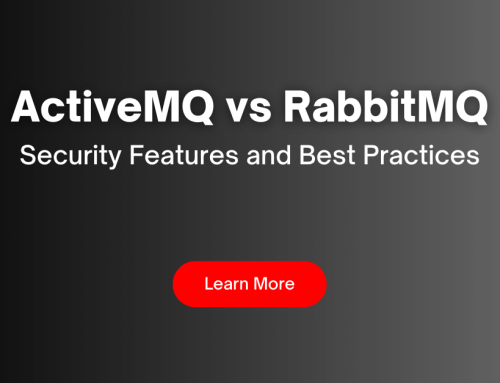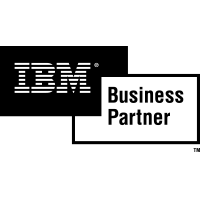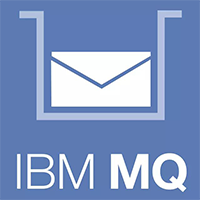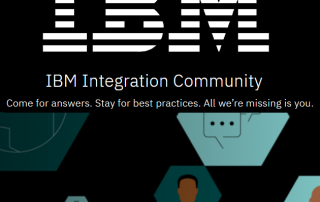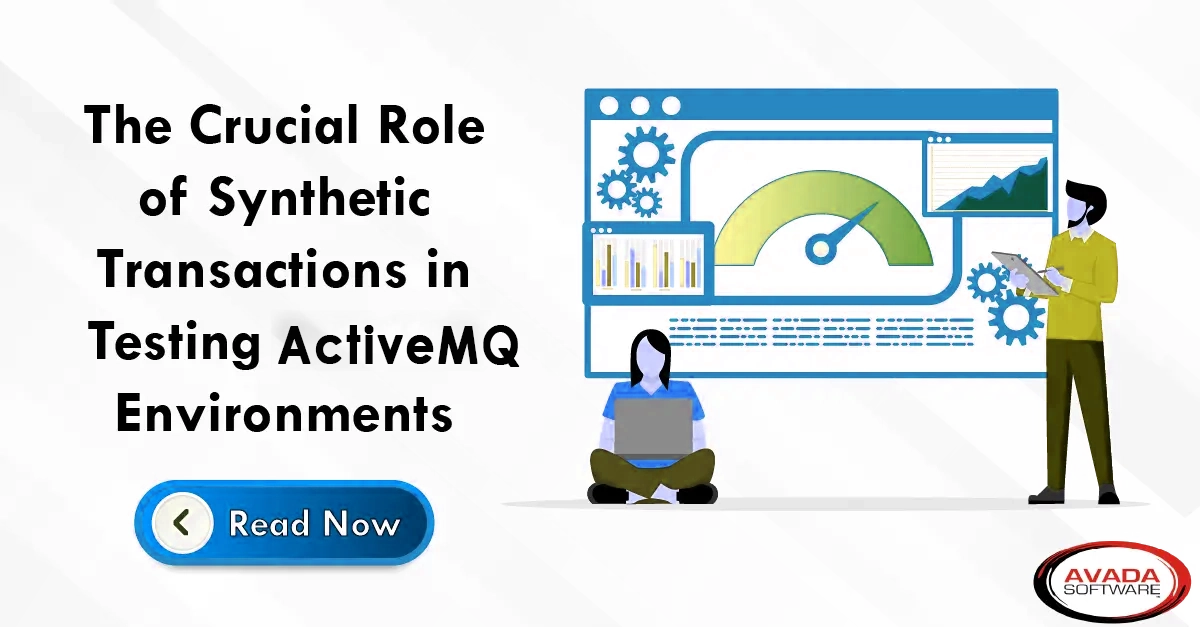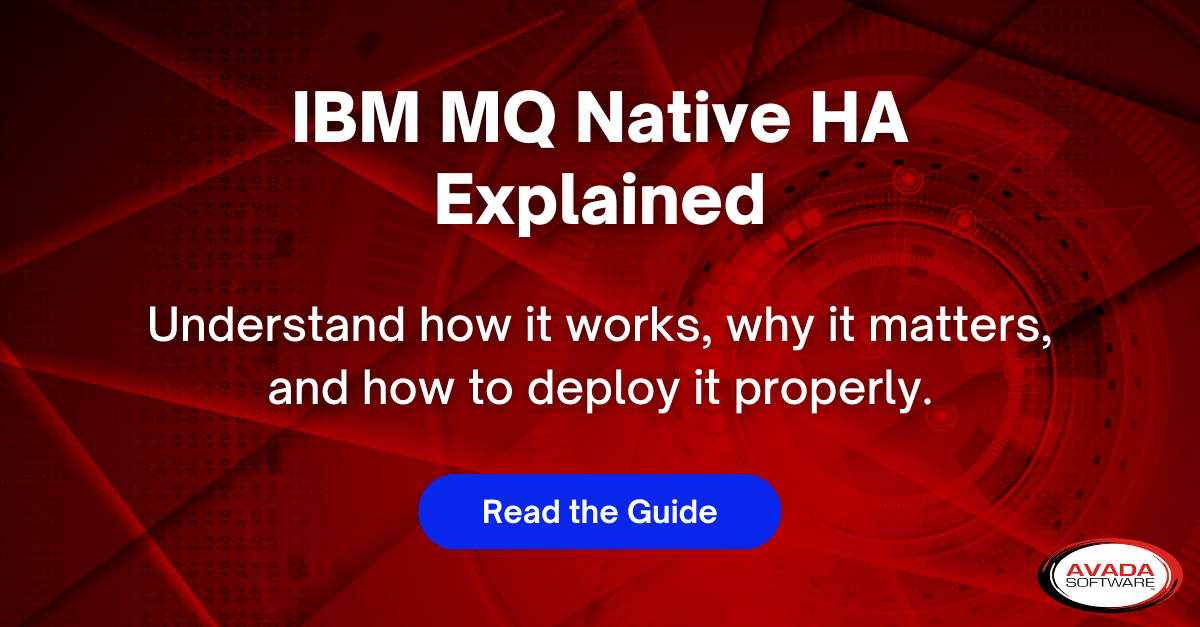News From Your IBM MQ Cloud Integration Team at Information Design Inc.
By: Nick Felicione
Information Design, Inc
What’s new in 2023?
We are pleased to announce that IBM is making changes in the way they deploy IBM MQ updates.
The changes to IBM MQ’s maintenance delivery model are as follows:
- IBM MQ is adopting a new approach to deliver Expedited Security Maintenance in addition to traditional fix pack maintenance delivery. https://www.ibm.com/support/pages/node/6826713
- To continue the delivery of Proactive Product Security updates across supported IBM MQ releases from the 1Q 2023, there will be two (2) types of IBM MQ maintenance delivery:Fix packs will continue to be produced exclusively for Long-Term Support (LTS) releases during their normal support lifecycle in keeping with previous practices.Cumulative Security Updates (CSUs) will be produced for LTS releases (including those in extended support) and for the latest IBM MQ Continuous Delivery (CD) releases as required to deliver relevant security patches. The schedule for CSU maintenance deliveries will be governed by the availability of security updates for each release. Currently, IBM does not intend to alter the current cadence for fix pack deliveries, which is typically 2 or 3 fix packs a year for each LTS release.
- IBM MQ continues to use a “V.R.M.F” version identifier format. On distributed platforms, LTS releases will continue to be designated by a zero (0) in the “M” digit of the V.R.M.F version identifier (for example, 9.3.0.x ). CD releases have a non-zero value in the “M” digit of the V.R.M.F version identifier (for example, 9.3.1.x).
What is the difference between CSUs and fix packs?
- Fix packs continue to contain maintenance bundles for LTS releases and are the vehicle for shipping most IBM “APAR” code fixes for these releases during their support lifecycle.
- CSU deliveries typically contain small numbers of security updates, although IBM may on occasion ship additional APARs in these deliveries if a technical need should arise (for example, if intrinsically linked to a security update).
In both cases, the updates are applied by using the same platform-native install technologies that have been used previously to deliver fix pack maintenance on the LTS releases so that existing processes or automation can be used to deploy both types of maintenance.
How can I tell if a maintenance delivery is a CSU or a fix pack?
For maintenance releases in or after 1Q 2023, both types of delivery are numbered using IBM MQ’s existing V.R.M.F version identifier semantics. The F-digit of the V.R.M.F version identifier is incremented for each new maintenance delivery.
F-digits divisible by 5 exclusively are used to denote a fix pack; whereas, CSUs always use F-digits that are not multiples of 5.
For example, 9.3.0.5 would denote a fix pack on the 9.3 LTS release; whereas, 9.3.0.6 and 9.3.0.7 would denote CSU deliveries.
Do CD releases receive fix packs?
The answer is No. CD releases only will receive CSU maintenance and will not use F-digits that are multiples of 5 in the F-digit of the V.R.M.F version identifier.
CSU maintenance is provided only on the latest CD release.
To which platforms does this process apply?
This process applies to the following:
- IBM MQ on all supported Unix, Linux, and Windows platforms
- IBM MQ on IBM i platforms
- The IBM MQ Appliance
- IBM MQ on HPE Non-Stop
This process also applies to the JMS, Managed File Transfer (MFT) and WebUI features of IBM MQ for z/OS, which are updated in conjunction with maintenance deliveries on Unix, Linux, and Windows platforms.
The IBM MQ container image available for use within the IBM Cloud Pak for Integration will be updated to reflect new CSU and fix pack maintenance when available.
While this may be a lot of information to process, the IDI team is pleased to assist you with either explaining the options or working with you to deploy the options that best suit your company’s needs.
Assuming that with the option of Long-Term Stability (LTS), there could be 2-3 fix packs per year plus up to 12 CSU patches per year. For Continuous Delivery (CD), there could be 3-4 fix packs per year plus up to 12 CSU patches per year.
For a limited time, IDI is offering your choice of the following “All in” professional services engagements:
- Long-Term Stability Option – IDI will coordinate with you and your team the download, test, and deployment of up to 3 fix packs, and up to 12 Cumulative Security Updates (CSUs) as it is offered by IBM. IDI’s Special Offer: $12,499.99.
- Continuous Delivery Option – IDI will coordinate with you and your team the download, test, and deployment of up to 4 fix packs, and up to 12 Cumulative Security Updates (CSUs) as it is offered by IBM. IDI’s Special Offer: $13,499.99.
IDI’s highly skilled technicians can provide the services to meet your MQ needs including:
- Upgrade Support
- Staff Augmentation
- Health Checks
- Best Industry Practices
- Training and IBM Compliance
- Pre-Audits
As a quick reminder, MQ can be installed in the Cloud of your choice. In addition, IBM is extending its investment protection upgrades for the new formed Cloud Pak offerings!
Most importantly if you are running IBM MQ versions 7.5, 8.x or 9.0, you must upgrade to maintain support as those versions are no longer supported. MQ version 9.1 will sunset on September 30, 2023. Please be advised that if you are running MQ in a VM, you MUST run and maintain monthly License Metric Reporting.
Celebrate with IDI on its 40th Anniversary and gain the benefits from a Premier Business Partner with years of experience serving your industry. IDI can help you to achieve optimal performance from your MQ infrastructure and avoid the risks of a potential IBM audit by being prepared in case it ever happens.
Call us today!
Nick Felicione
Senior Vice President, Sales & Marketing
More Infrared360® Resources


